- kardioklub.biznisweb.sk
- mayoclinic.org - 10 ways to control high blood pressure without medication
- medicalnewstoday.com - 15 natural ways to lower your blood pressure
- health.clevelandclinic.org - 6 Natural Ways to Lower Blood Pressure
- ncbi.nlm.nih.gov - Effect on Blood Pressure of Daily Lemon Ingestion and Walking, Yoji Kato, 1,* Tokio Domoto, 1 Masanori Hiramitsu, 2 Takao Katagiri, 2 Kimiko Sato, 1 Yukiko Miyake, 1 Satomi Aoi, 1 Katsuhide Ishihara, 1 Hiromi Ikeda, 1 Namiko Umei, 1 Atsusi Takigawa, 1 and Toshihide Harada , 1-Faculty of Health and Welfare, Prefectural University of Hiroshima, Mihara, Hiroshima 723-0053, Japan / 2-Central Laboratory, Research & Development Division, Pokka Sapporo Food and Beverage Ltd., Kitanagoya, Aichi 150-0013, Japan
How to reduce high blood pressure without drugs? Just food or tea?
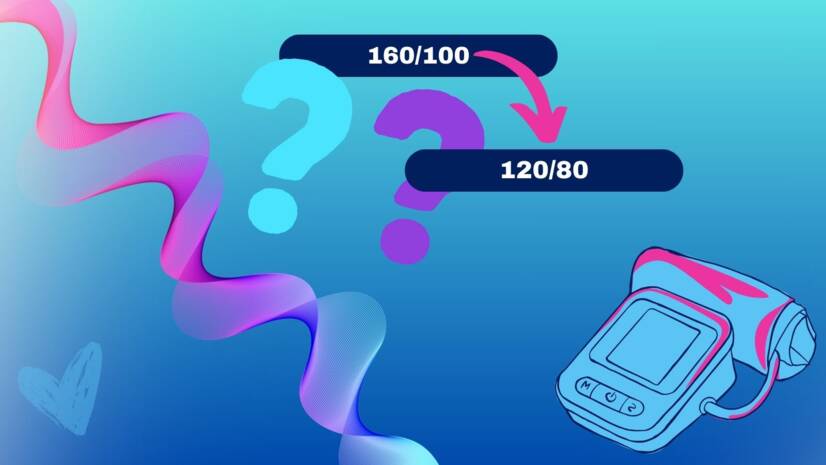
How can high blood pressure be lowered without medication? Several factors are involved in lowering blood pressure, such as diet, limiting alcohol and smoking, but also stress. Sufficient physical activity and weight reduction are necessary.
Article content
Blood pressure values change during the day. Blood pressure is not immutable. It is influenced by external and internal factors. With a short-term increase, its value decreases based on physiological processes in the body.
The situation is different if the value is elevated for a long time. In this case, examination and appropriate treatment are important.
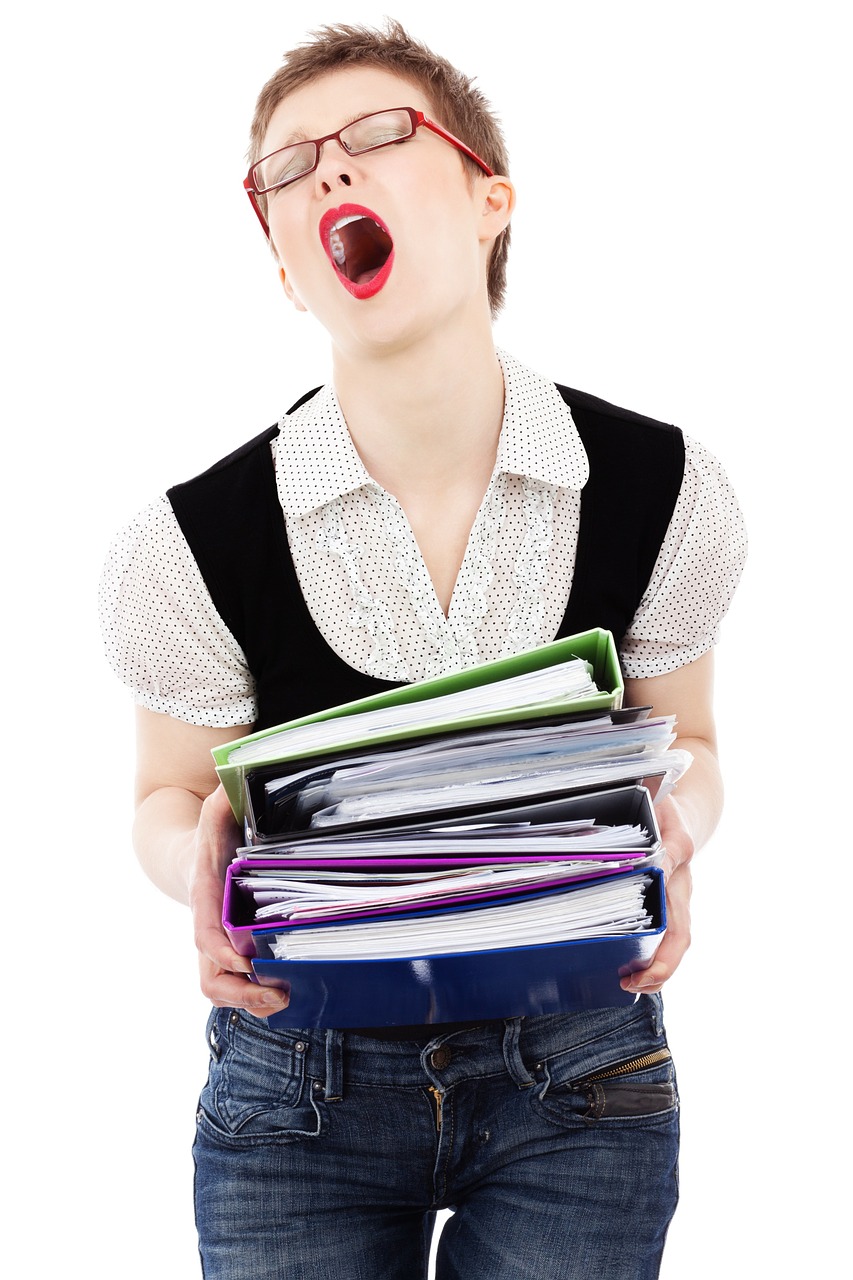
Factors such as:
- physical stress, work, sport, physical activity
- psychological stress, stress, fatigue
- the environment and weather changes
- time of day, alternation between day and night
- diet and sodium intake
- overweight
- alcohol
- smoking
- age
- associated diseases
- genetic predisposition and family history
- hormonal influence
- pain
High blood pressure (arterial hypertension) is a risk factor for heart, blood vessel, kidney, brain and vision disorders.
Among the most serious are heart attack, stroke and kidney failure.
And it is for these diseases that sufficient treatment is important. If examinations and treatment are neglected, a person puts himself at high risk. It is dangerous to skip treatment, either once or for a longer period of time.
Arbitrary omission of treatment is dangerous.
High blood pressure is a disease that does not have to hurt. In some cases, its first symptom is serious damage to health, for example as a result of heart failure, heart attack or stroke. The most serious complication of these diseases can be death.
We therefore stress the importance of preventive screening and early examination.
And even in the case of home blood pressure measurement with high values. For more information about high blood pressure, see the article on the disease and the symptom itself.
The blood pressure values are presented in the magazine article with a summary table.
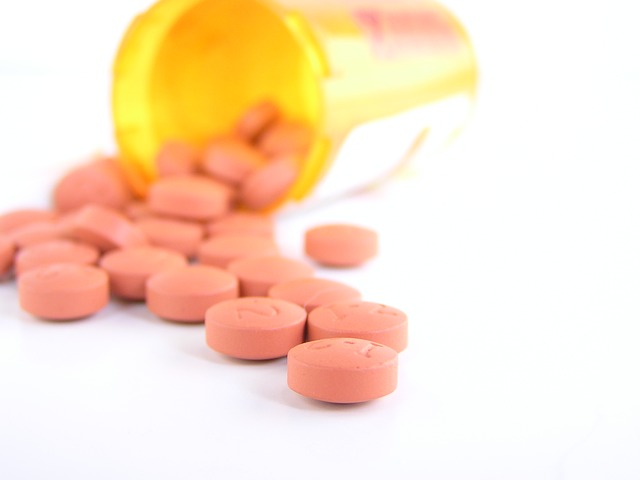
Can blood pressure be lowered without medication?7 tips to help lower your blood pressure
Before starting treatment, doctors recommend several changes that should affect the blood pressure value.
In some cases, they can replace medication. Equally important is the support during the actual drug therapy.
Recommendations include:
- a general change in lifestyle
- limiting salt in the diet
- limiting alcohol
- stopping smoking
- weight reduction
- plenty of physical activity
magnesium is an important mineral. A sufficient intake of magnesium through diet or supplements is important for the proper functioning of the human body.
It has an effect on muscle and nerve function. It reduces overall neuromuscular irritability. Together with calcium, it has a natural calming effect.
Although magnesium is not a cure for hypertension, it helps to lower blood pressure to a certain extent.
However, only during a limited period of time.
Therefore, even magnesium is not a unique cure for hypertension and if hypertension occurs, professional treatment is necessary.
Bananas, nuts, almonds, leafy vegetables (dark), whole grain breads have a natural occurrence of magnesium.
Daily intake of magnesium should be around 300 mg per day.
1. What diet for high blood pressure?
Dietary changes are a big part of the recommendations. Reducing sodium (salt) and fat (especially saturated fat) intake is important.
It is necessary to increase the proportion of fiber, but also magnesium, potassium and calcium in the diet. Their representation is in cereals, vegetables and fruits.
The daily intake of salt should be in the range of 2-4 g. The daily dose is exceeded several times in a large part of the population and sometimes reaches up to 15 g. Most salt intake is in semi-finished or ready meals.
Read also.
A lot of people ask if, for example, eating lemon helps lower blood pressure. And many people with hypertension use lemon as a means of lowering blood pressure when it rises.
Fruits, citrus fruits, and therefore lemon, of course, contain many substances beneficial to the human body. So does tea.
But it should be remembered that neither lemon nor tea are cures for hypertension.
In a study on the effect of lemon on blood pressure, it is discussed how it has an effect on lowering systolic blood pressure. The combination of the contents of lemon in a way positively affects the value, but...
A combination of sufficient daily walking and daily lemon intake had a positive and real effect on lowering blood pressure.
Effect on Blood Pressure of Daily Lemon Ingestion and Walking
2. Drinking Regimen
Drinking is very important for the overall health of the body.
In high blood pressure, limiting sodium intake is essential. Bottled mineral waters have the mineral content listed on the label.
The sodium value should be minimal.
On the other hand, waters with a higher content of magnesium, calcium and potassium are suitable. They have a positive effect on the regulation of blood pressure. Magnesium has an effect on the proper function of nerves and muscles and generally helps to calm the body.
Thevolume of fluid intake should be approximately two litres per day.
Milk, coffee, tea, sweetened drinks and even soup are not included in the daily intake.
Adequate replacement is necessary when fluid intake is increased. This is the case, for example, during physical activity, during the hot summer months and also with fever and diarrhoea.
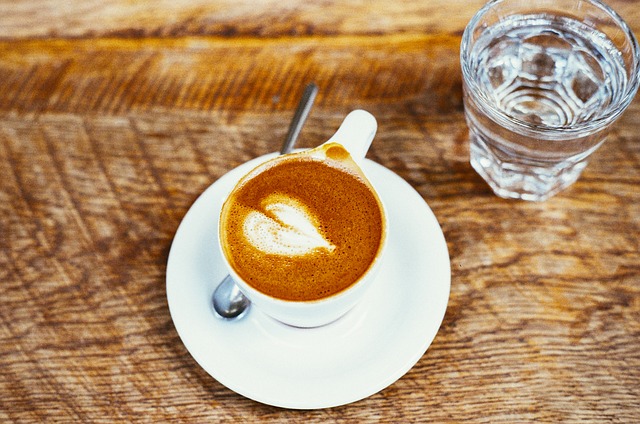
Coffee and black tea have a diuretic effect. They promote the excretion of fluids from the body through the urine. Therefore, it is advisable to think of a timely replacement when drinking them. This means that coffee and tea should be accompanied by a glass of pure water or mineral water.
With high blood pressure, it is, of course, necessary to limit the volume and number of cups of coffee per day. But it is not completely prohibited. It has a different effect on each person. It is advisable to observe in relation to the value of blood pressure.
Caffeine can increase blood pressure and heart rate in some people, but not in others. Energy drinks should be limited, as they are high in caffeine and other stimulants.
3. Alcohol - does it lower blood pressure?
With alcohol it is similar to coffee.
In hypertension, its consumption should be minimized. However, it could be stated that one glass of wine or beer does not have a negative effect.
Scientific research has shown that a low intake of alcohol is not harmful and even lowers blood pressure slightly. In addition, it has a beneficial effect on cholesterol levels and platelet aggregation. But a higher intake has the opposite (negative) effect.
Thus, blood pressure rises with the level of alcohol consumed. Consequently, it increases the risk of stroke, heart disease, diabetes, and liver damage.
The volume of ethyl alcohol in one drink is approximately 14 grams. This is equivalent to 300 ml of beer, 150 ml of wine and 30 ml of hard liquor. Men are allowed two glasses and women one glass per day.
4. Smoking
This habit results in a number of diseases including arterial hypertension.
For example, it increases the risk of cardiovascular diseases, cancer, and any. Quitting smoking is one of the main steps to success in fighting hypertension and other diseases.
From the journal article Chronic Bronchitis and Smoking Closely Related, we list the following to motivate you to quit smoking:
- 20 minutes to normalize blood pressure
- after 8 hours, CO levels are at half the normal level and oxygen levels rise to normal
- after 48 hours, nicotine leaves the body and the sense of smell and taste adjusts
- after 72 hours, your energy returns and your breathing also improves
- if you had not smoked for 2 weeks, your blood circulation would improve
- after the 9th month, coughing subsides, lung breathing volume adjusts
- after a year of not smoking, the risk of myocardial infarction is halved
- over 5 years, you reduce your risk of stroke
- and after 10 years of not smoking, your risk of lung cancer is the same as a non-smoker
5. Physical activity as an appropriate stimulation of blood circulation
Reduced physical activity, sedentary lifestyle and sedentary jobs increase the risk of hypertension.
Aerobic physical activity or cardio is needed. Regular activity lowers blood pressure during exertion but also at rest.
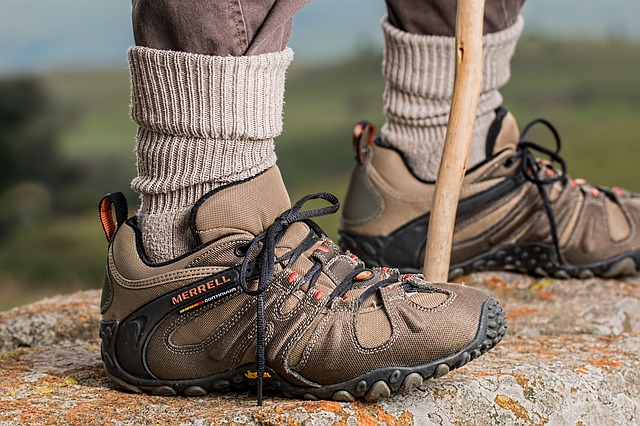
Importantly, the dose of physical exertion should be at least 3 times a week, and 40 minutes. Of course, individual disposition should be taken into account.
For older people, a daily walk of an hour is recommended. Yes, even walking alone is beneficial.
In addition to blood pressure, movement and physical activity also affect fat levels. Which is beneficial for weight loss and overall body fat.
For non-professionals, running, brisk walking, cycling, swimming, skiing, but also yoga, hiking, Nordic walking and dancing are suitable. Activity that is done less frequently than 3 times a week and for less than 40 minutes is also beneficial for the body. However, it does not reduce blood pressure.
6. Weight reduction is guaranteed to help
Weight reduction in overweight and obesity has a beneficial effect on blood pressure levels. After reduction, the blood pressure value drops and in some cases the blood pressure normalizes.
Gradual weight reduction is important.
After one month, it is optimal to reduce weight by approximately 0.5 kg per week. The risk is a reverse weight gain.
A change in eating habits and a sensible diet taking into account individual needs are important. Energy intake must be balanced with energy expenditure.
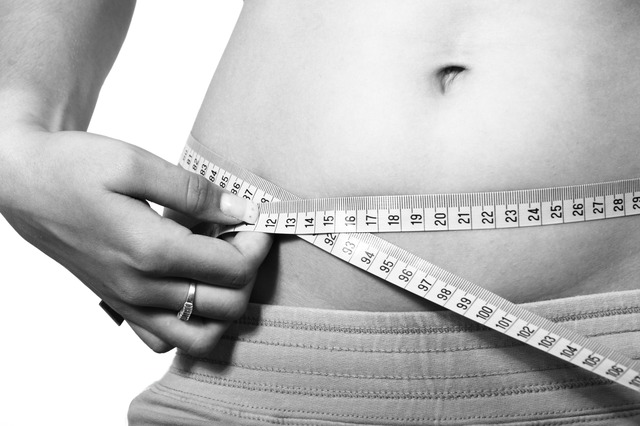
7. Stress is a significant factor in the increase in pressure
It is one of the major factors in the increase in blood pressure.
It has a negative effect on the whole organism. Its limitation has a direct effect on lowering its value. Minimizing work stress, family relationships has a significant effect. Adequate rest, sleep is important.
At work, do not forget to take regular breaks. Take a walk. It is advisable to learn relaxation exercises. When stressed, the correct form of breathing is important.
Find a comfortable position, sitting or lying down. Relax, put your upper limbs loosely against your body. Neither your upper nor lower limbs should be crossed.
Breathing into the abdomen is better than chest (diaphragmatic) breathing.
Inhalation should take 4 seconds and exhalation 8 seconds.
You should avoid deep breathing and hyperventilating, as it is popularly called. You could induce hyperventilation tetany or hyperventilation syndrome.
The symptoms of hyperventilation tetany are:
- accelerated and deepened breathing
- heart palpitations
- anxiety
- sweating
- pallor
- dizziness
- feeling faint
- tingling in the limbs, fingertips or even a tingling sensation
- tingling of the lips, tongue
- stiff muscles
- muscle spasms, the muscles of the arms are the first to be affected
It is also important to take time for hobbies and family.
Working hours should be organised so that they do not take up too much time at the expense of leisure activities and family. This time helps to regain strength and energy for work.
And last but not least, don't forget to think positively. Negative thinking takes unnecessary energy, spoils your mood and motivation for work and everyday life.
Positive emotions give you energy.
How changes in blood pressure will affect
| Changes in lifestyle | method | possible drop in pressure |
| physical activity | regular physical activity at least 3 times a week for 40 minutes | 3-9 mmHg |
| weight reduction | BMI 18.5-24.9 | 5-20 mmHg/10 kilograms |
| appropriate diet | higher intake of fruit, vegetables and fibre | 8-14 mmHg |
| salt restriction | daily NaCl intake 6 grams | 2-8 mmHg |
| alcohol restriction | for men max 20-30 g/day for women 10-20 g | 2.5-4 mmHg |
| stop smoking | complete smoking restriction | 5-10 mmHg |
Video on how to lower blood pressure without medication
Interesting resources










